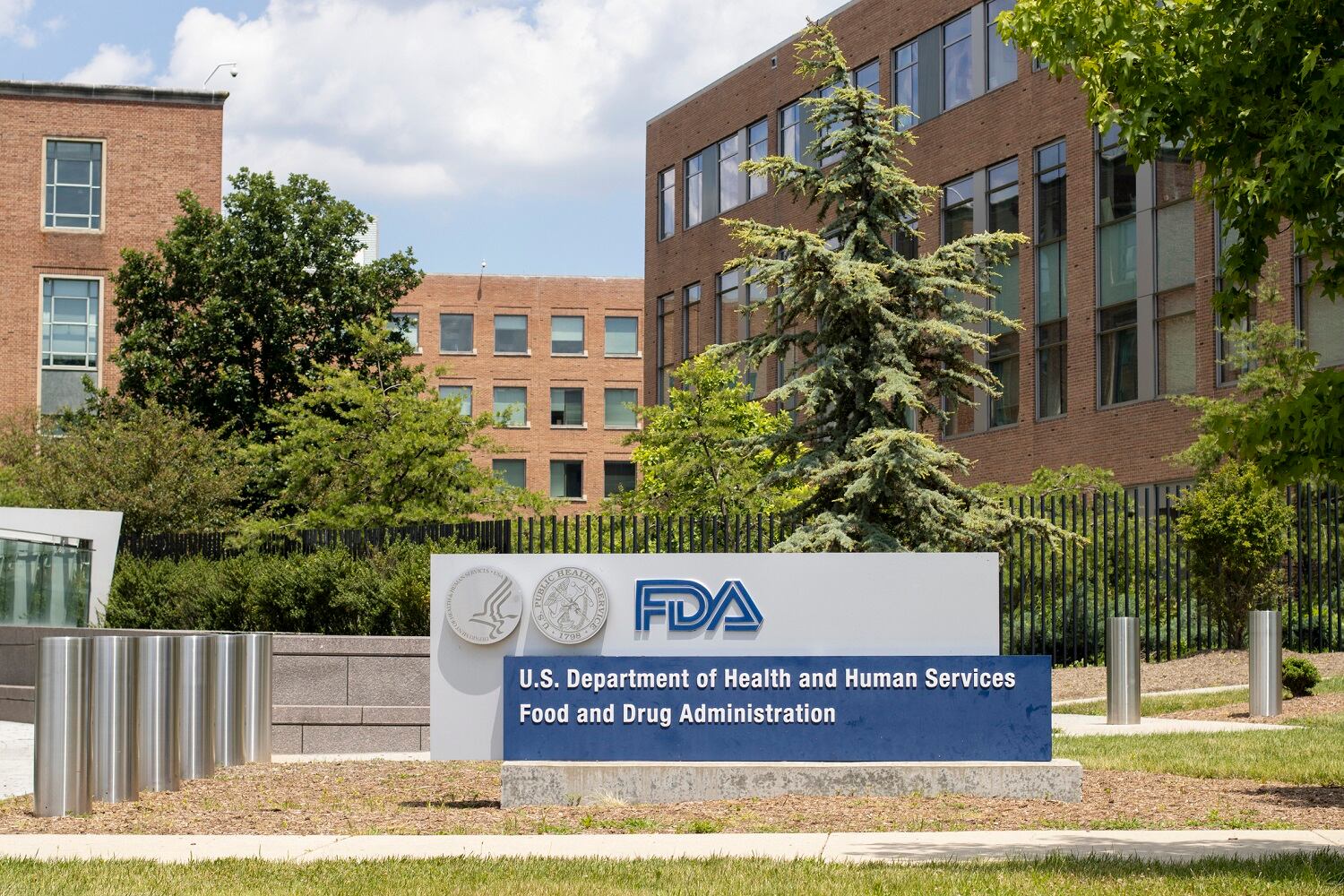MoCRA’s passing has left some companies in the manufacturing and supplier industries for cosmetics and personal care products wondering what its effects will be on a global scale. The legislation, signed into law in December of last year, provides the Food and Drug Administration with new authorities and industry requirements - some of which will begin to be enforced by the end of this year.
To better understand some of the global implications of MoCRA’s passing, including some of the legislation’s potential positive benefits, challenges, and concerns to keep in mind in the coming months, CosmeticsDesign spoke with Victor Mencarelli, Director of Global Regulatory Affairs at Orveon for his insights.
CDU: What are some of the positive potential benefits of MoCRA regulations for US cosmetics and personal beauty care product manufacturers regarding relations with other companies on a global scale?
Victor Mencarelli (VM): One potential positive benefit of MoCRA regulations is the FDA issuing and enforcing GMPs in the industry. This would allow for potential GMP certificates to come from the FDA which will allow for companies here in the US to have a path to register products in China without the need for animal testing (with some limited exceptional situations).
The other piece is also the fact that the FDA will be setting a national standard for regulation of cosmetic products, which I suspect will align well with the EU regulations which most of the rest of the world already imitates. This should also allow for cosmetic brands to open markets around the world.
It also just might start to mitigate the claims of some that the US cares less about the consumer than other countries because of the limited actions that FDA has taken over the years against cosmetics.
CDU: What are some of the potential challenges to US cosmetics and personal beauty care product manufacturers working to comply with MoCRA regulations in regard to relations with global companies?
VM: The biggest challenge will be to the smaller and less technical companies in the future. The issue will be that they will need to either bring on staff who understand the regulations in that area coming out of the FDA or they will need to contract with consultants who can bridge that knowledge gap.
One mitigation to this significant challenge will be if the FDA were to be recognized as equivalent to the EU regulations regarding such issues as the product safety assessment or acceptable testing methods for testing, as the preservative efficacy test or microbial enumeration and enrichment (presence/absence) tests for specified organisms. Again, this turns MoCRA into a potential worldwide equalizer for the US industry if it is an option to move in this direction.
CDU: Are there any specific aspects of MoCRA regulation compliance that US cosmetics and personal beauty care product manufacturers should prioritize regarding relations with global-facing companies?
VM: First, know where and who is manufacturing your products. If you have your own manufacturing facility, then that is going to be a lot easier to manage than if you are completely outsourced for manufacturing.
Second, regardless of your manufacturing situation, make sure you understand what you are already doing today as part of your general compliance activities. This should allow you to then look internally (and externally) to determine where your priorities should be placed.
Since every company is different and every situation is unique it is hard to say what should be prioritized and what should be put off for the future. However, I would encourage companies to look at, read, understand, and most importantly prepare for the requirements that are likely to come out by the end of 2023 or early in 2024.
Do your gap assessment, watch the FDA and Federal Register websites, be prepared for the rules to issue as proposal and even consider commenting on the rules especially if you believe that the regulation as proposed is going to be a more significant resource issue than the FDA is suggesting.
CDU: Should any US cosmetics or personal beauty care company fail to achieve total compliance with MoCRA by the time some provisions come into effect at the end of his year, what are some of the potential ramifications regarding global relations with other industry companies?
VM: Overall, compliance is a cost of doing business. If you are not prepared for complying with the requirements when they are actually in force, then you are on shaky ground period with regard to your operations.
Remember this law adds several significant prongs to the arsenal of the FDA to get companies to comply including things like mandatory recall authority as well as making failure to register your facility and failure to list your products prohibited acts in the law which could result in further issues from FDA.
On the global front, international facilities will be required to work through representatives in the US. These can be either subsidiaries, or they can be consultants, but whomever is nominated by the international company will be the first and likely major point of contact for FDA if and when there are ever any questions, so they need to be capable of understanding the interaction and ensuring that the information is either already available or can be obtained quickly from the international company to get to the FDA.
CDU: Are there any concerns that MoCRA will impact US cosmetics and personal beauty care manufacturers and suppliers' abilities to source the ingredients necessary to produce their consumer product goods?
VM: There should always be a consideration of this as you are planning new products. Multiple things could have a significant issue with the ability to source ingredients, labeling, packaging, etc. including the geo-political climate, the environmental climate (e.g. think about changing environments making it difficult to grow a tree that you use routinely for process inputs for raw materials!), international trade agreement, international treaties (e.g., CITES, Nagoya Protocol, etc.).
In the context of MoCRA the biggest thing I could imagine would be a determination that a supplier was not in compliance with the requirements and the FDA determining that the supplier’s ingredients cannot legally enter the US or be part of a cosmetic product. While I don’t believe that anything in the law as written would allow for this specifically, there is an example of just such a system already in place at FDA for refusing products at the border (e.g., what is known as “Detention Without Physical Examination”).
CDU: As written, do MoCRA regulations promote or detract from US cosmetics and personal beauty care product manufacturers abilities to expand and grow on a global scale?
VM: I believe that this new law does provide the FDA and the federal government with an amazing opportunity to positively impact the industry for decades to come especially with some of the new requirements such as federally mandated GMPs. I noted some of these opportunities earlier, but I also think that the US is seen as a leading regulator in the world.
If we can find a way to reinvigorate the regulations and also to harmonize (to the extent legally possible since I do recognize that the current requirements do have some instances where full harmonization can’t occur at this time) with what is being done in the rest of the world then I think we are in a position to impact the global economy on a worldwide scale over the next several decades positively.
CDU: Anything else to add?
VM: I try to always look at things realistically without looking too far into the future with this sort of change. However, I think the FDA is at a key tipping point in their regulation of cosmetic products.
To FDA’s credit I don’t think the agency is taking this new expanded authority lightly. Just look at what we have seen recently. The Office of Cosmetics and Colors (OCC) used to be in the Center for Food Safety and Applied Nutrition (CFSAN).
Several weeks ago, FDA leadership announced that the OCC is becoming an independent office which should provide the staff with additional resources and even personnel to take on the responsibilities that have been handed to them in MoCRA. Overall, this is an amazing and turbulent time to be a part of this industry and offers all of us, FDA, NGOs, industry, auxiliary partner industries like raw material suppliers and service providers with an unbelievable opportunity to impact the future that no one could have predicted when I entered the industry almost thirty years ago.





